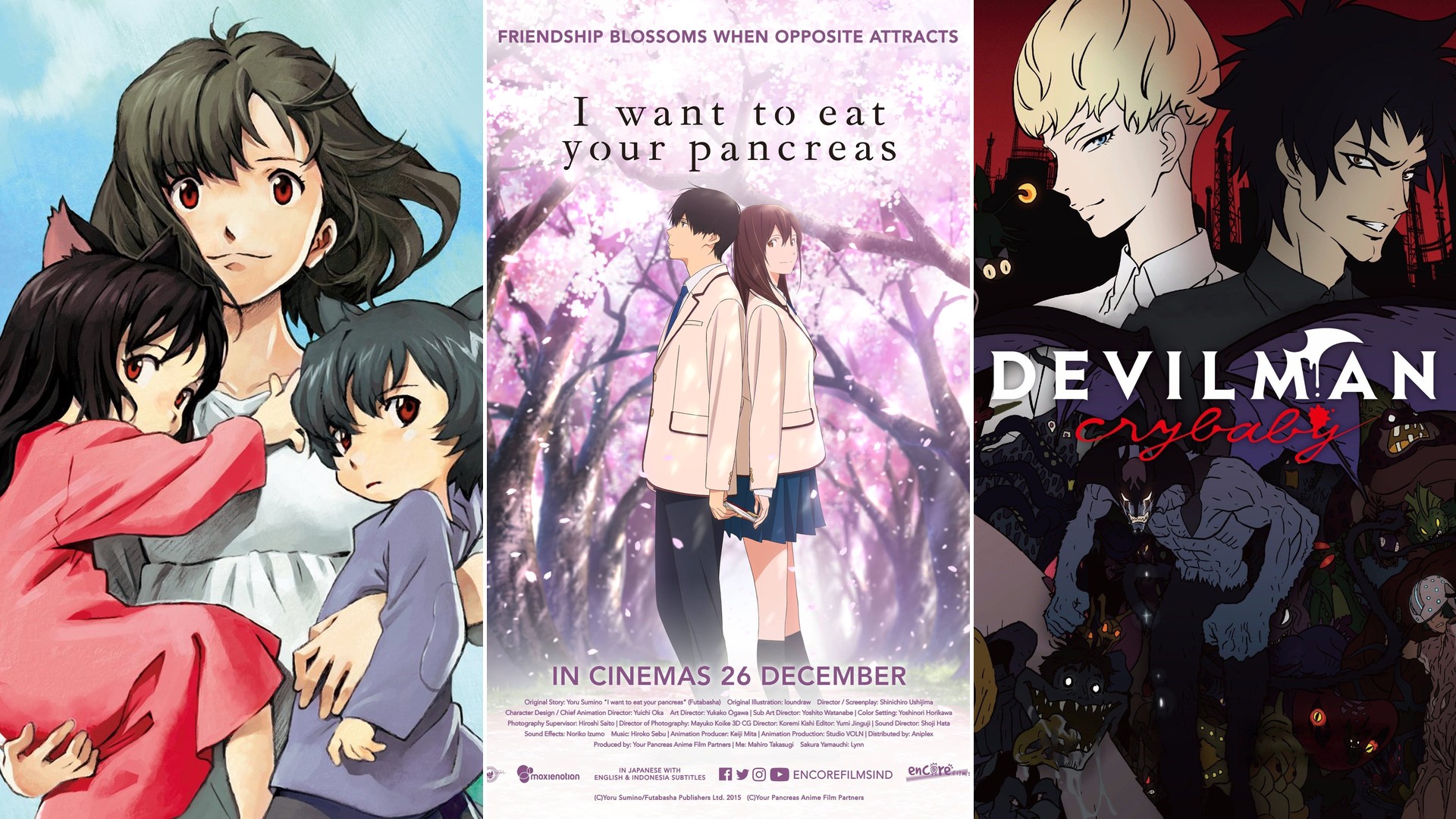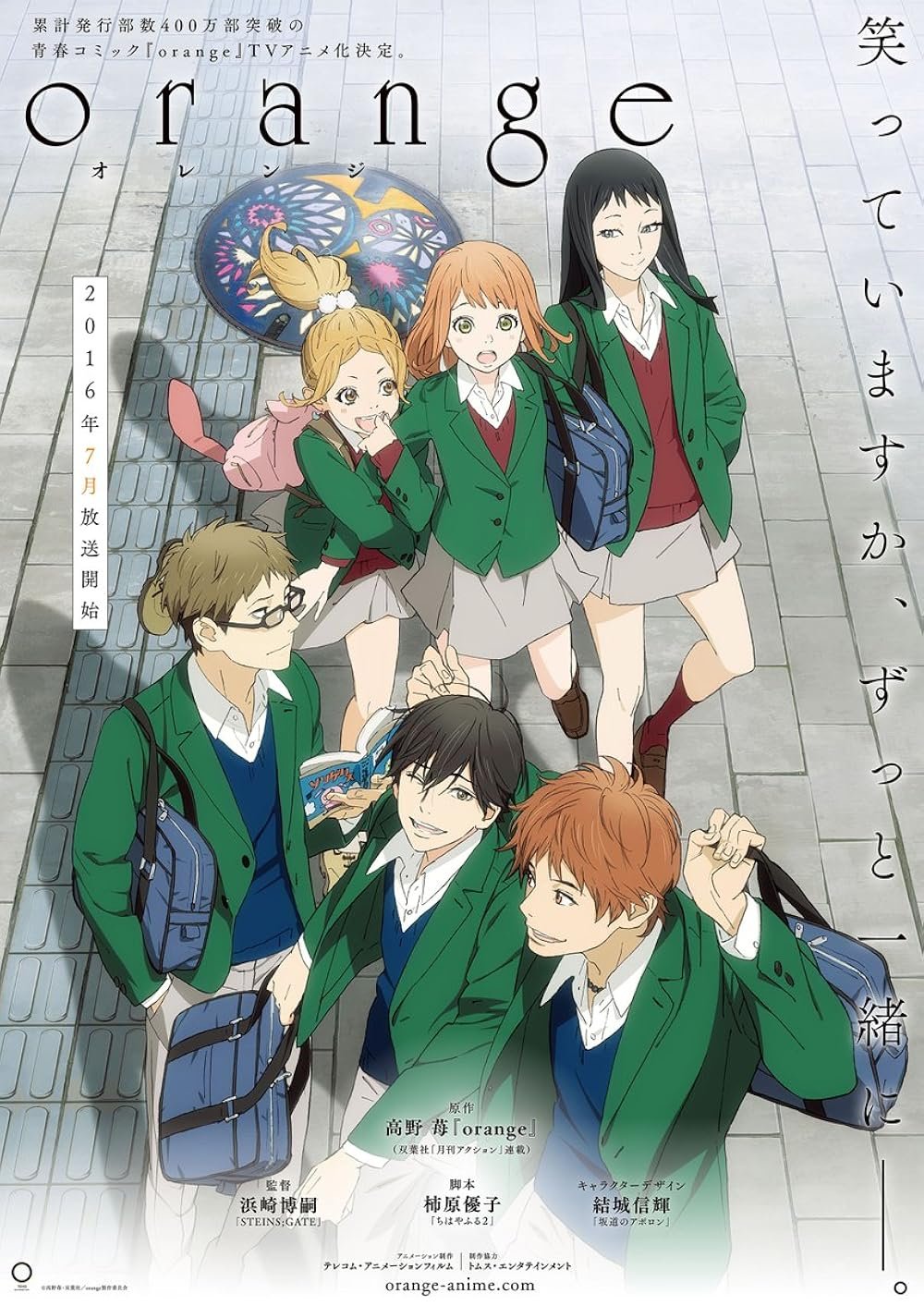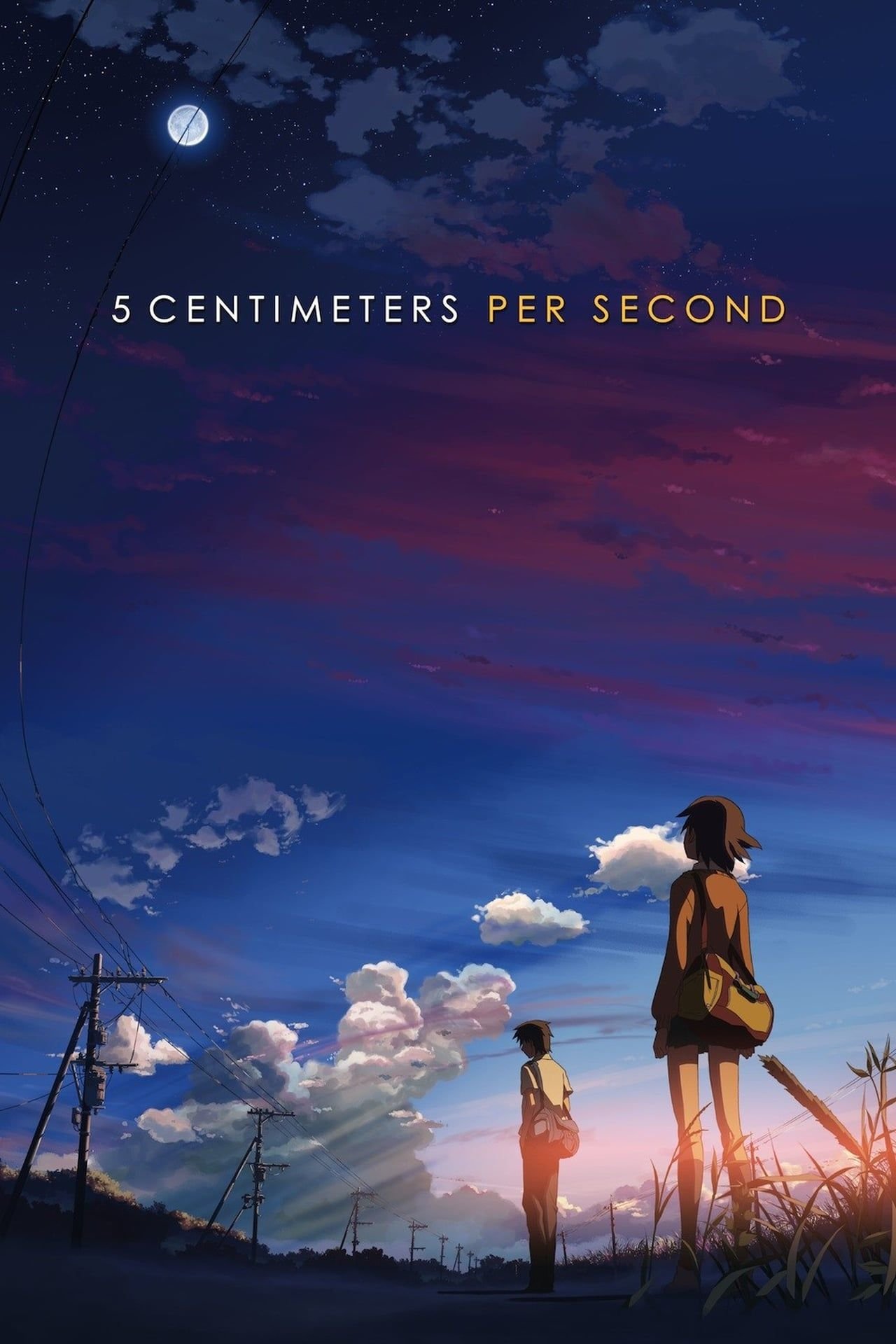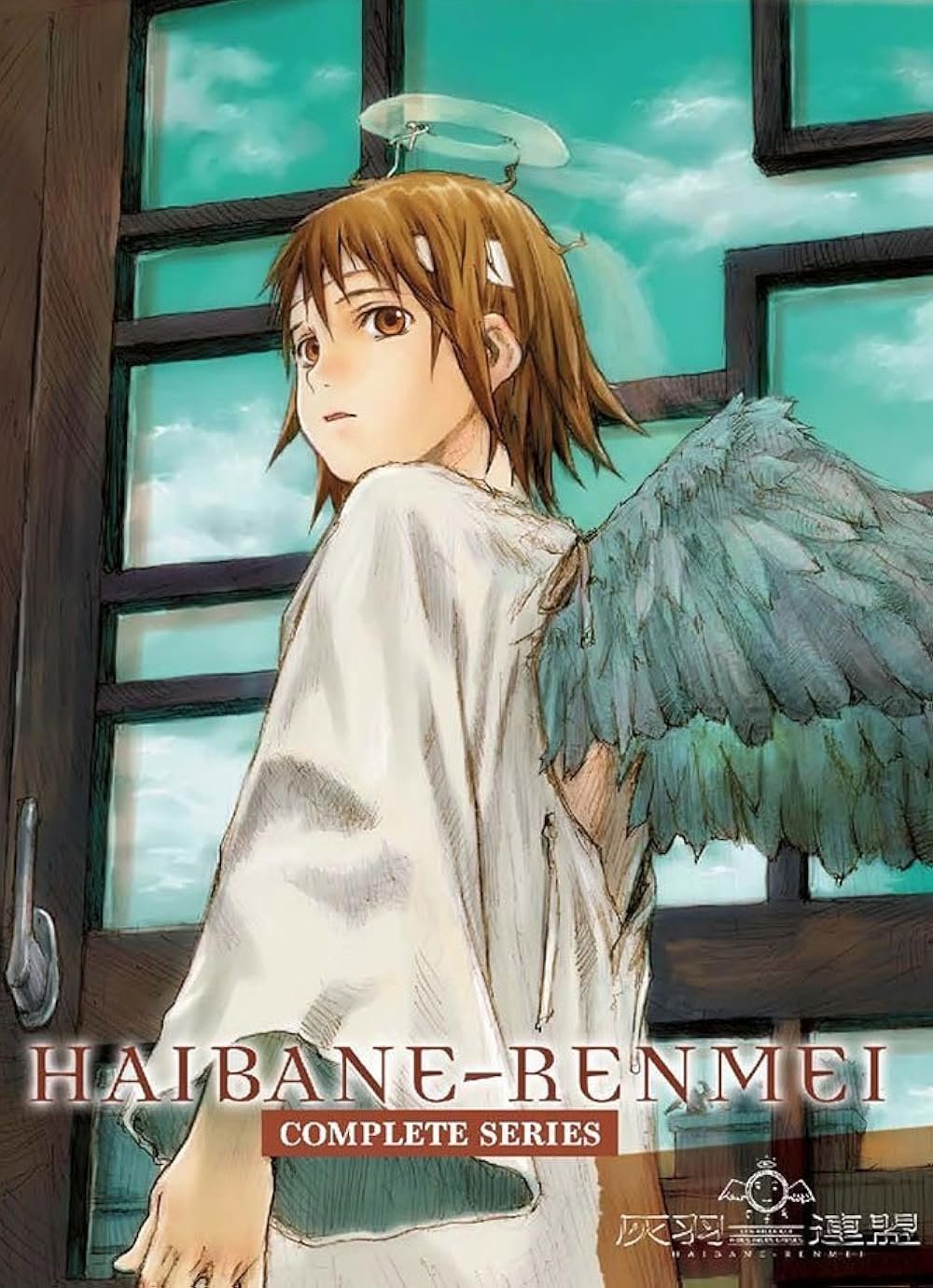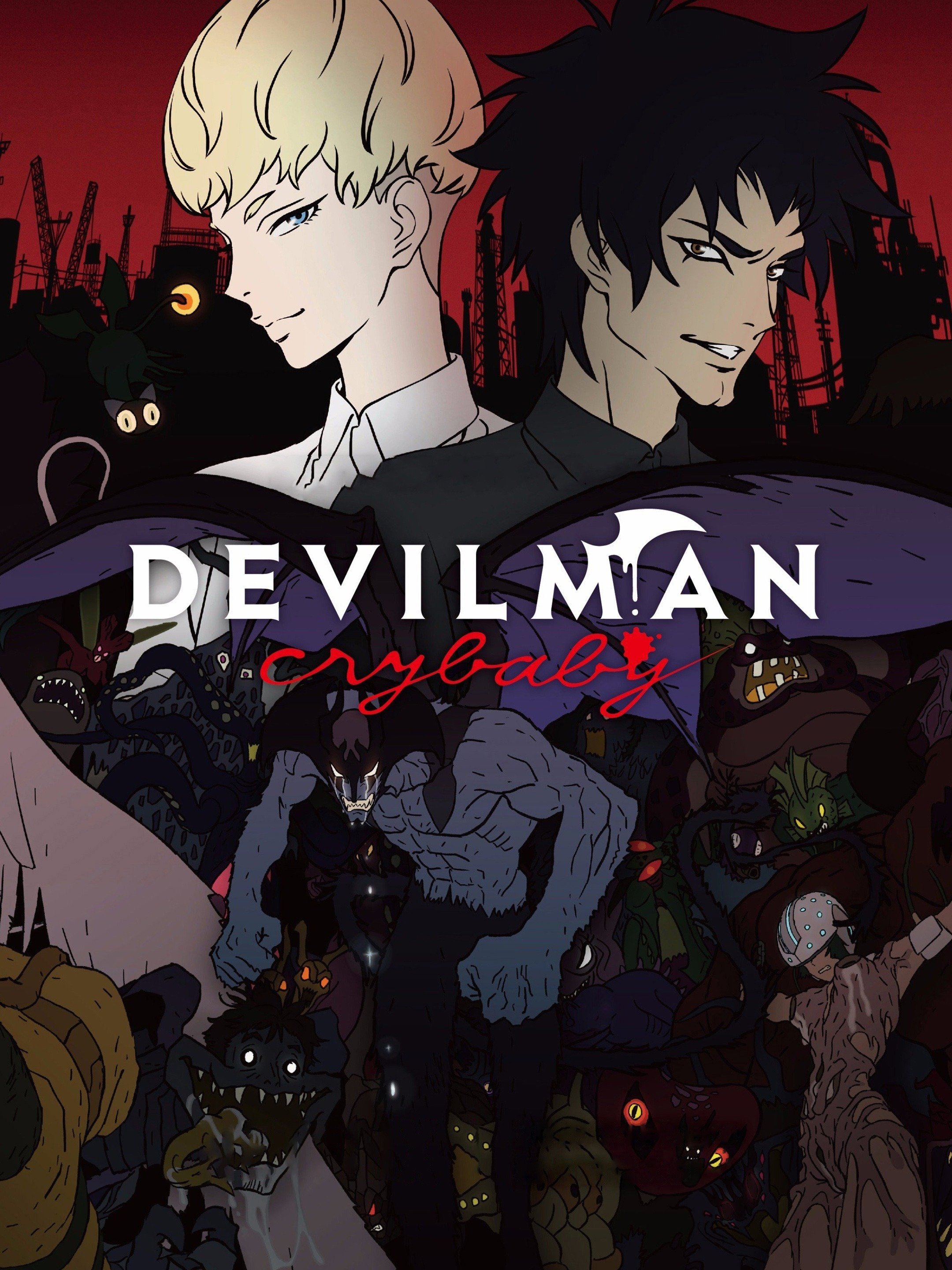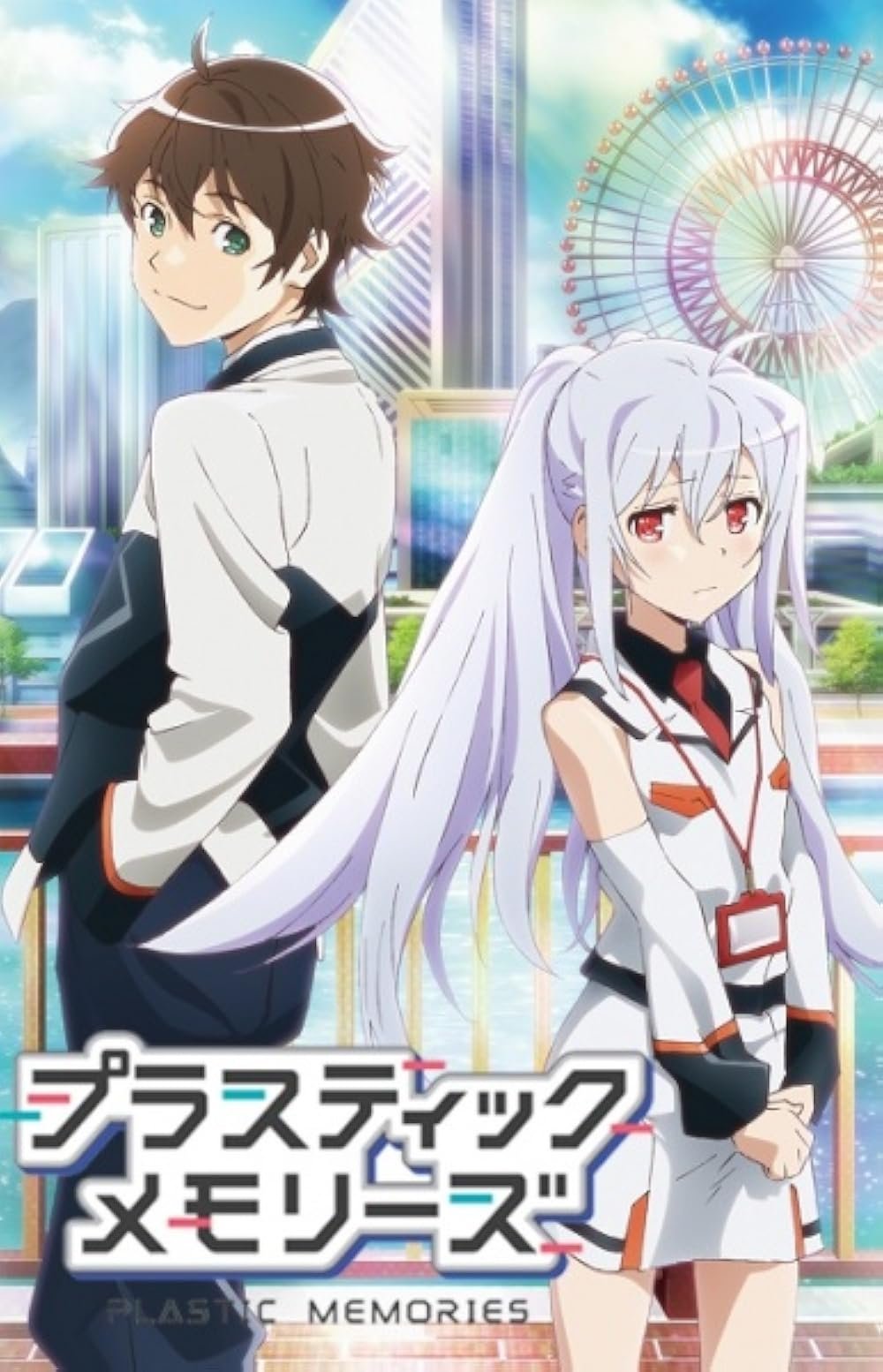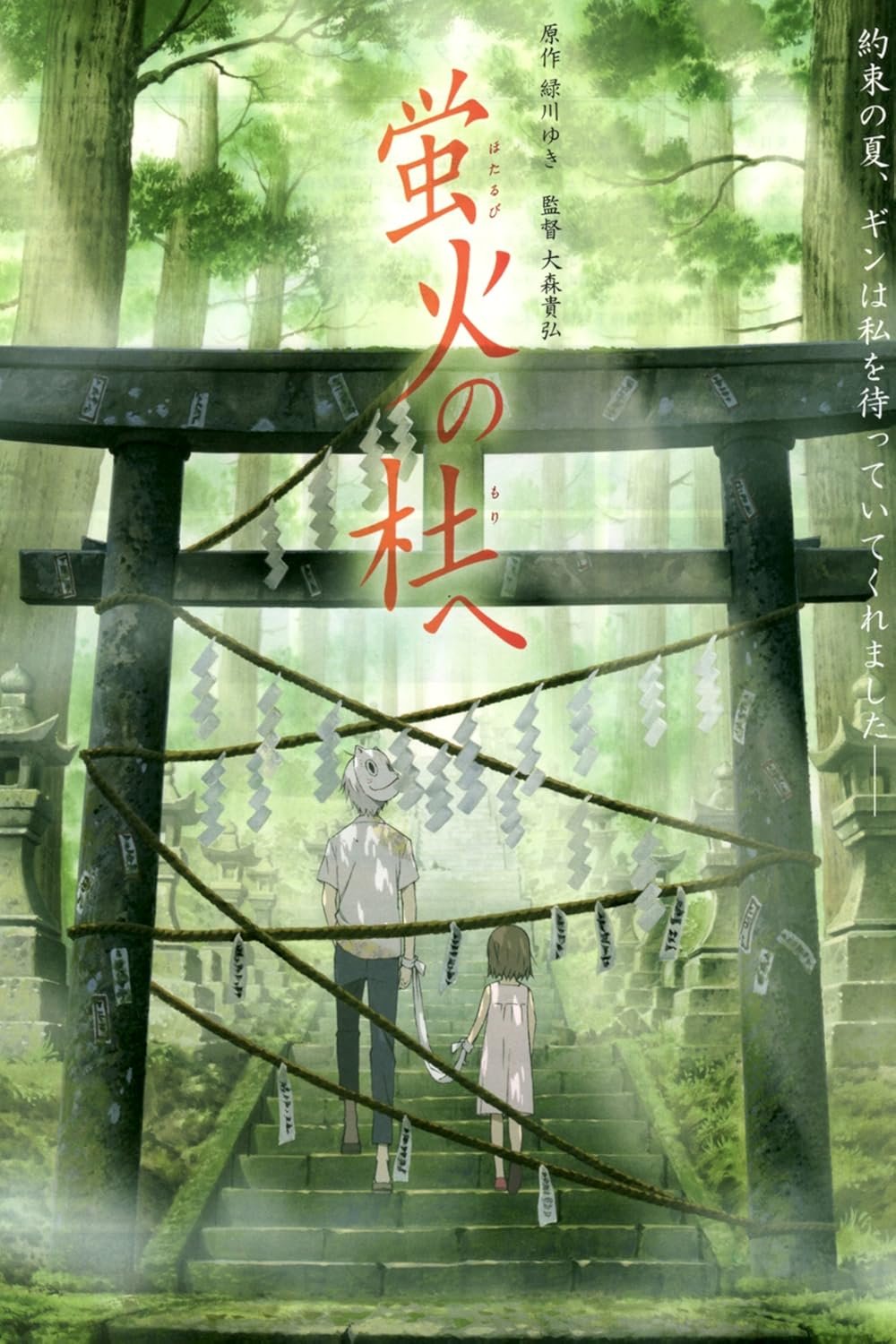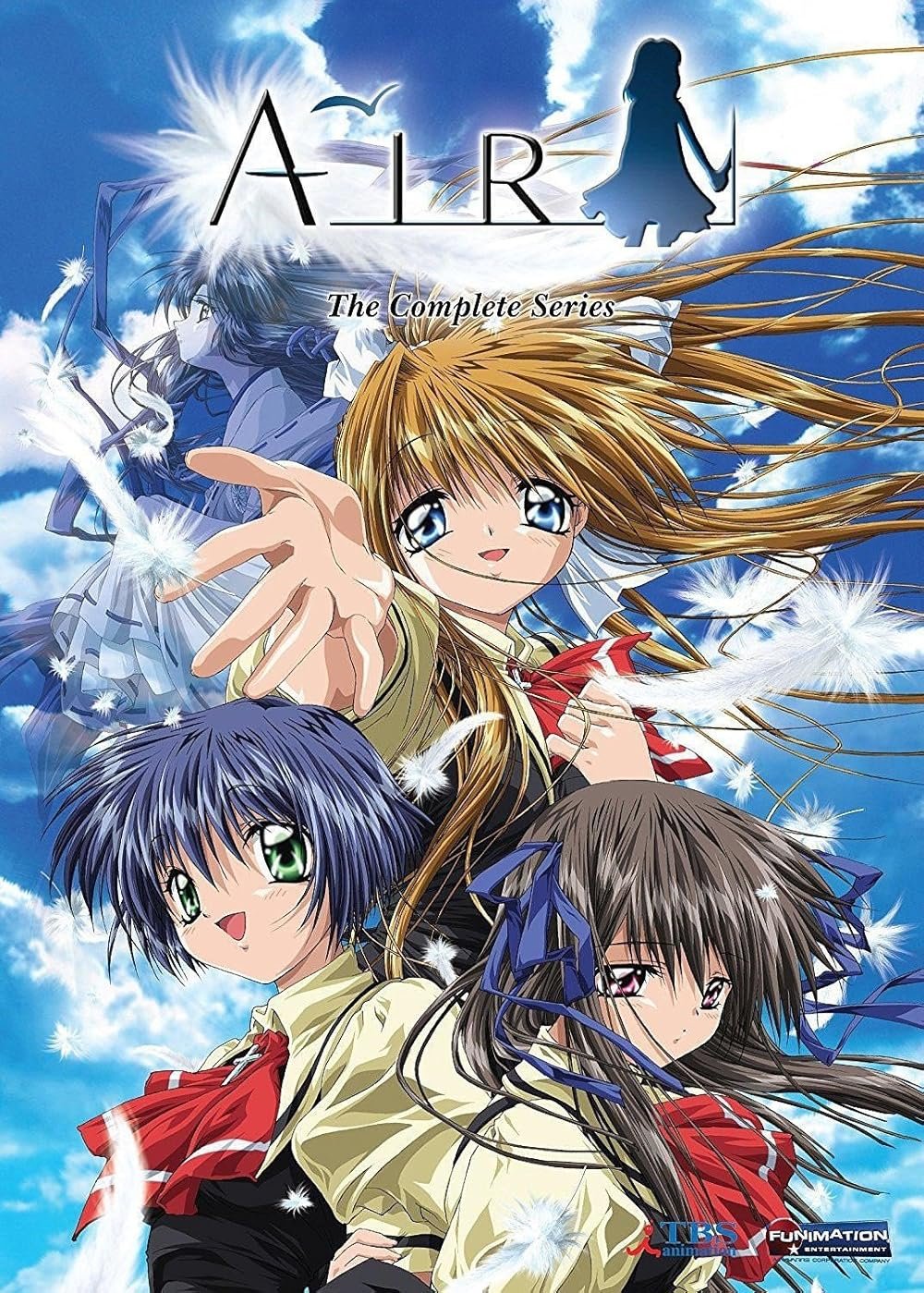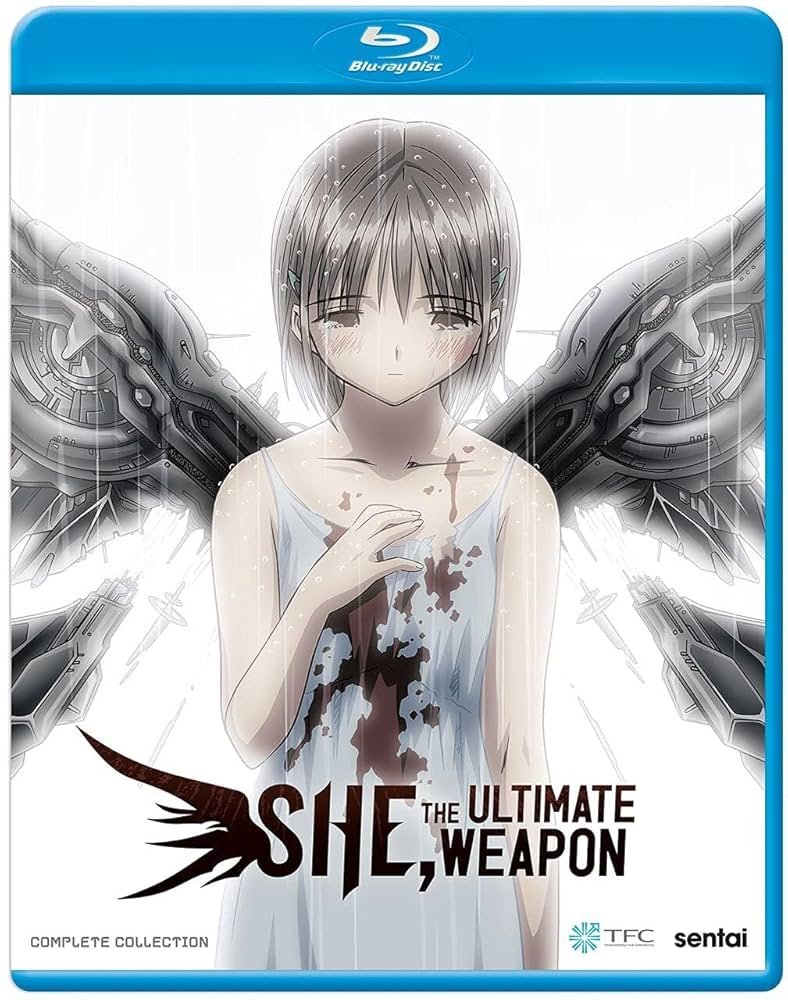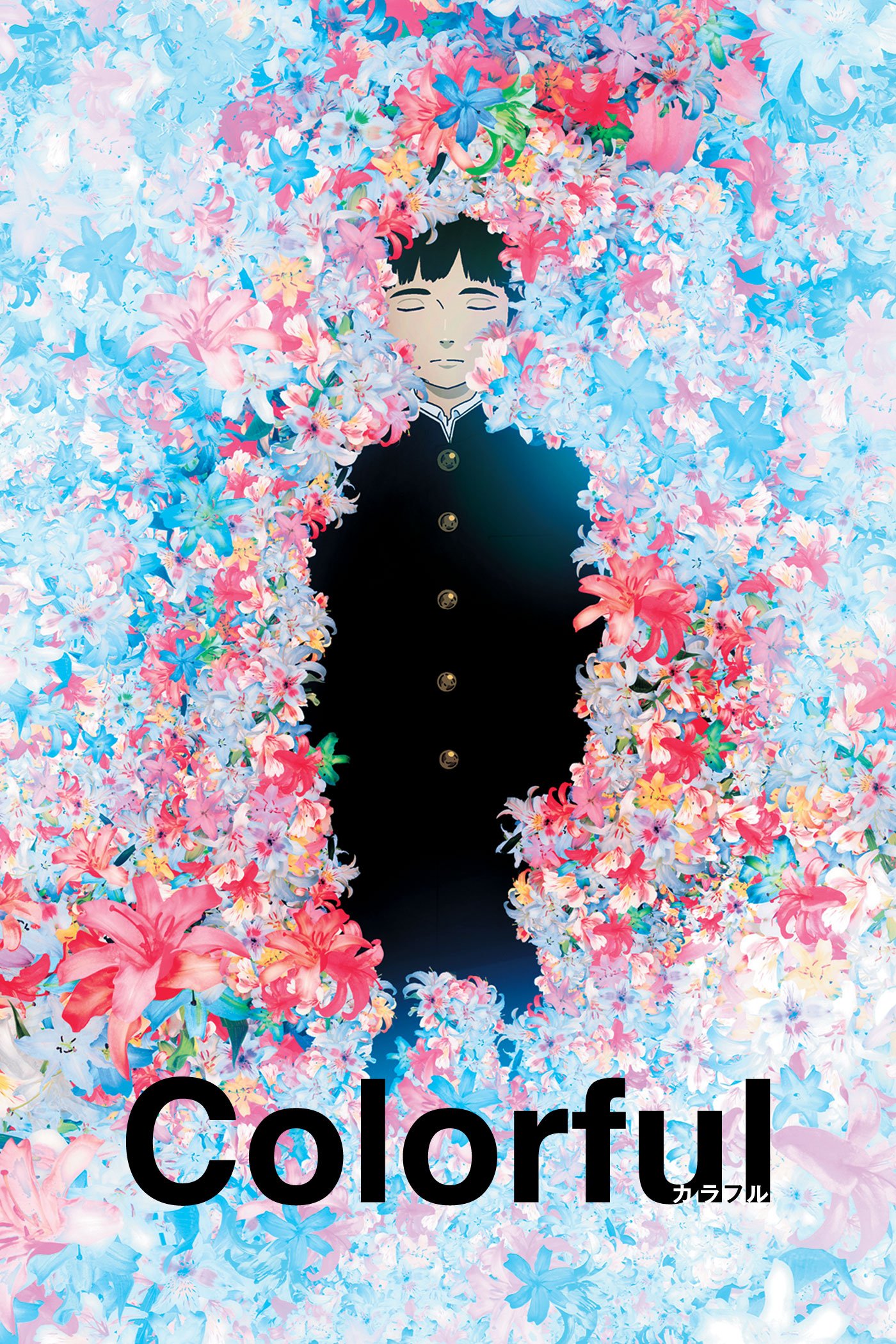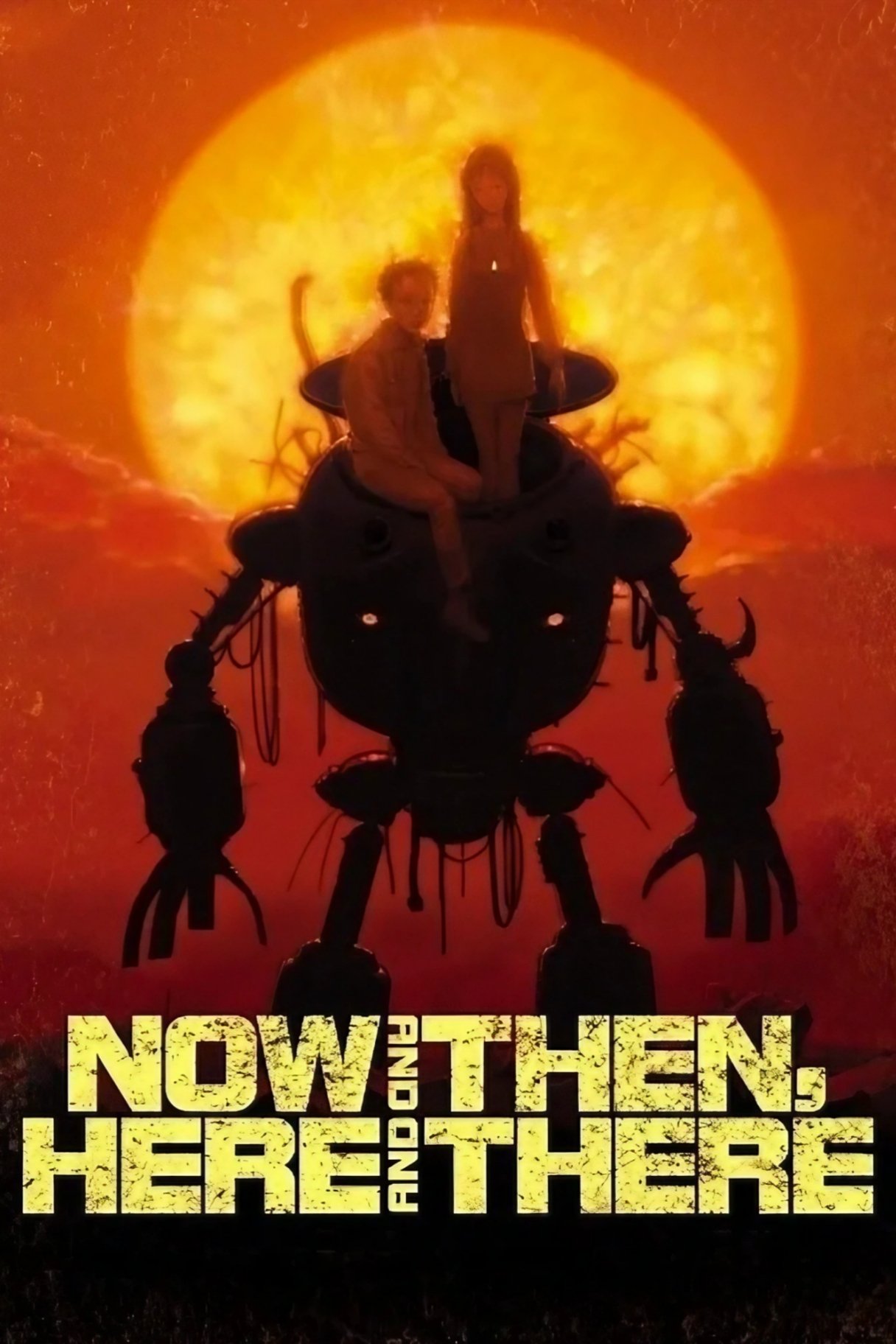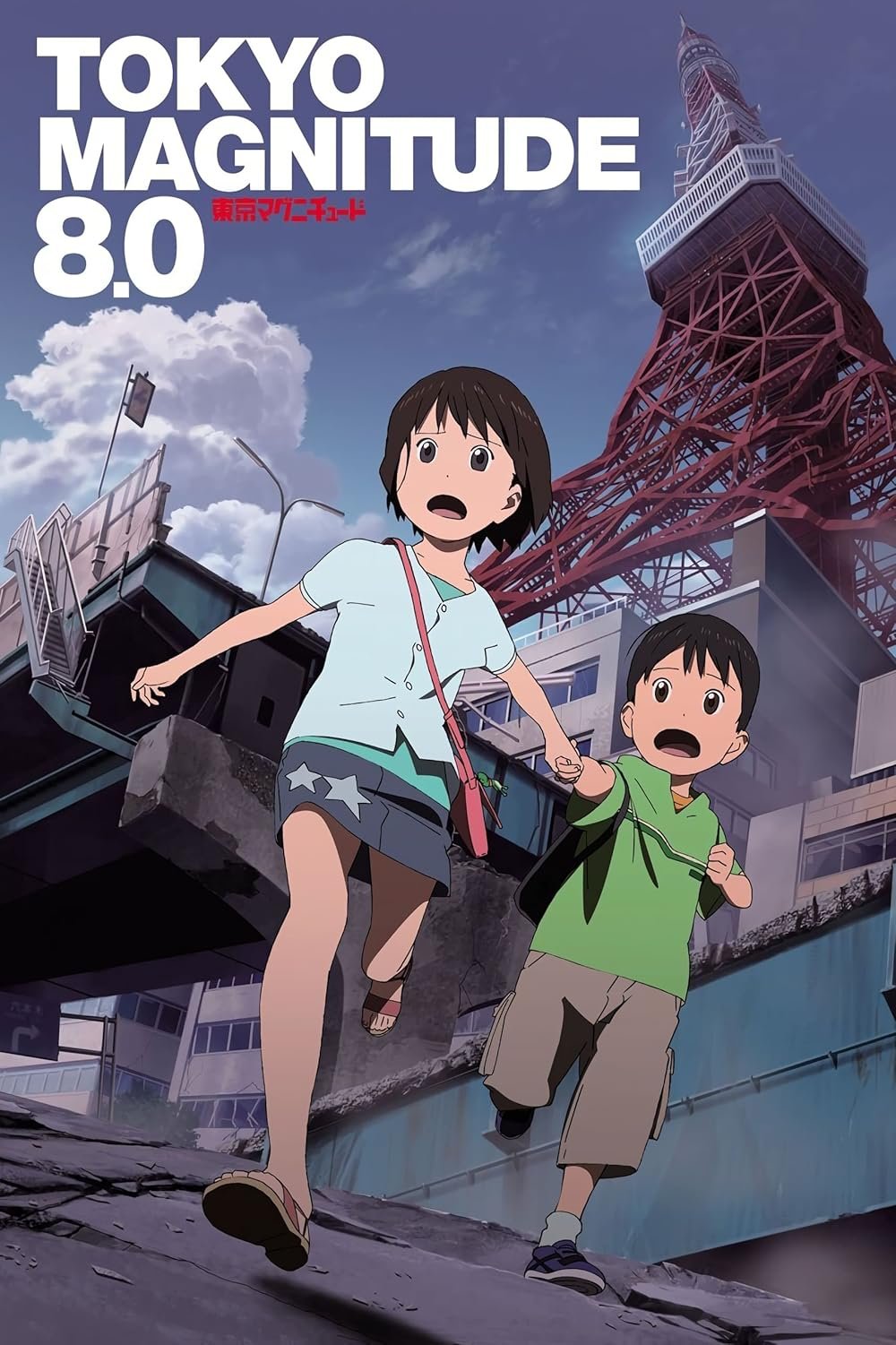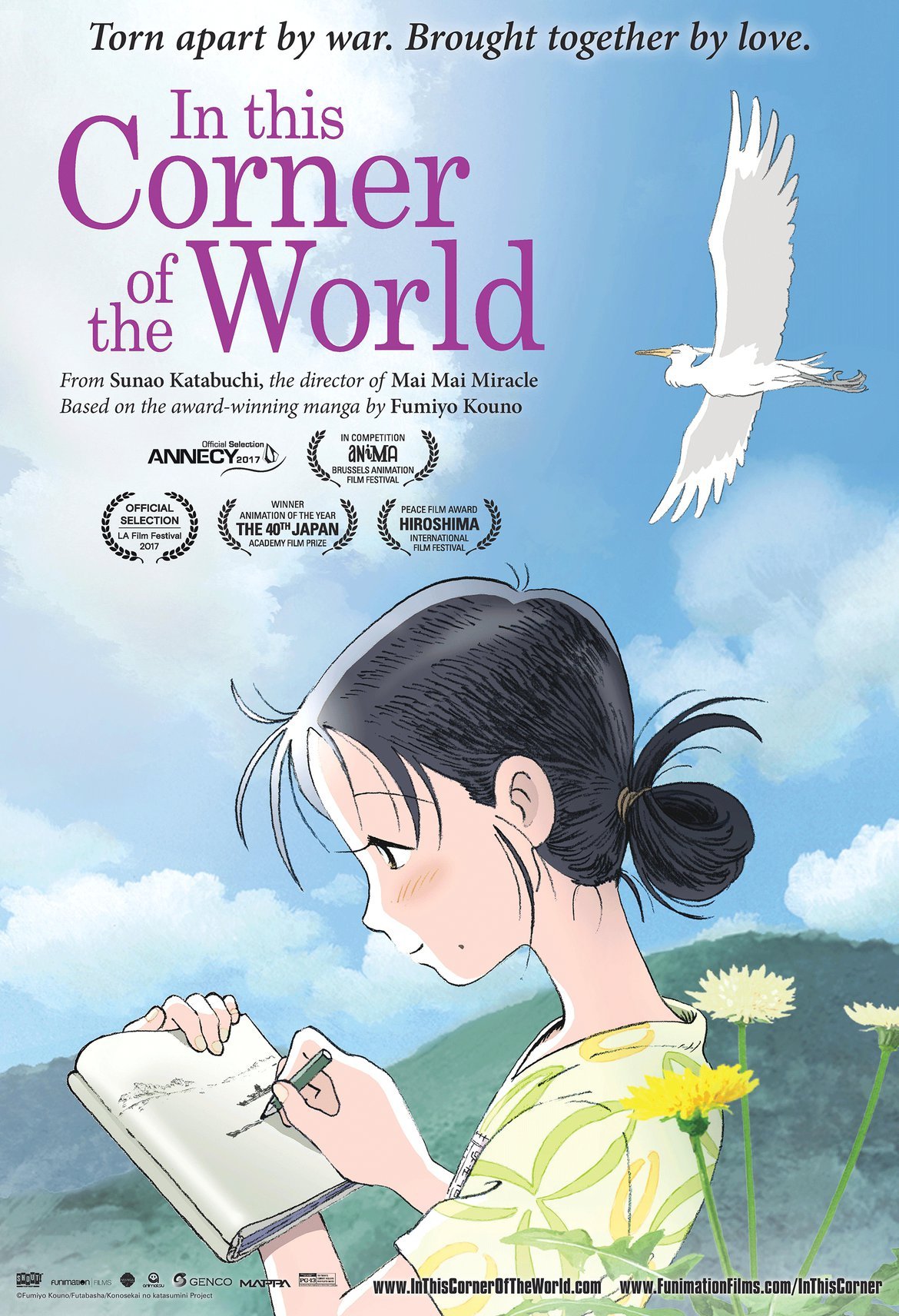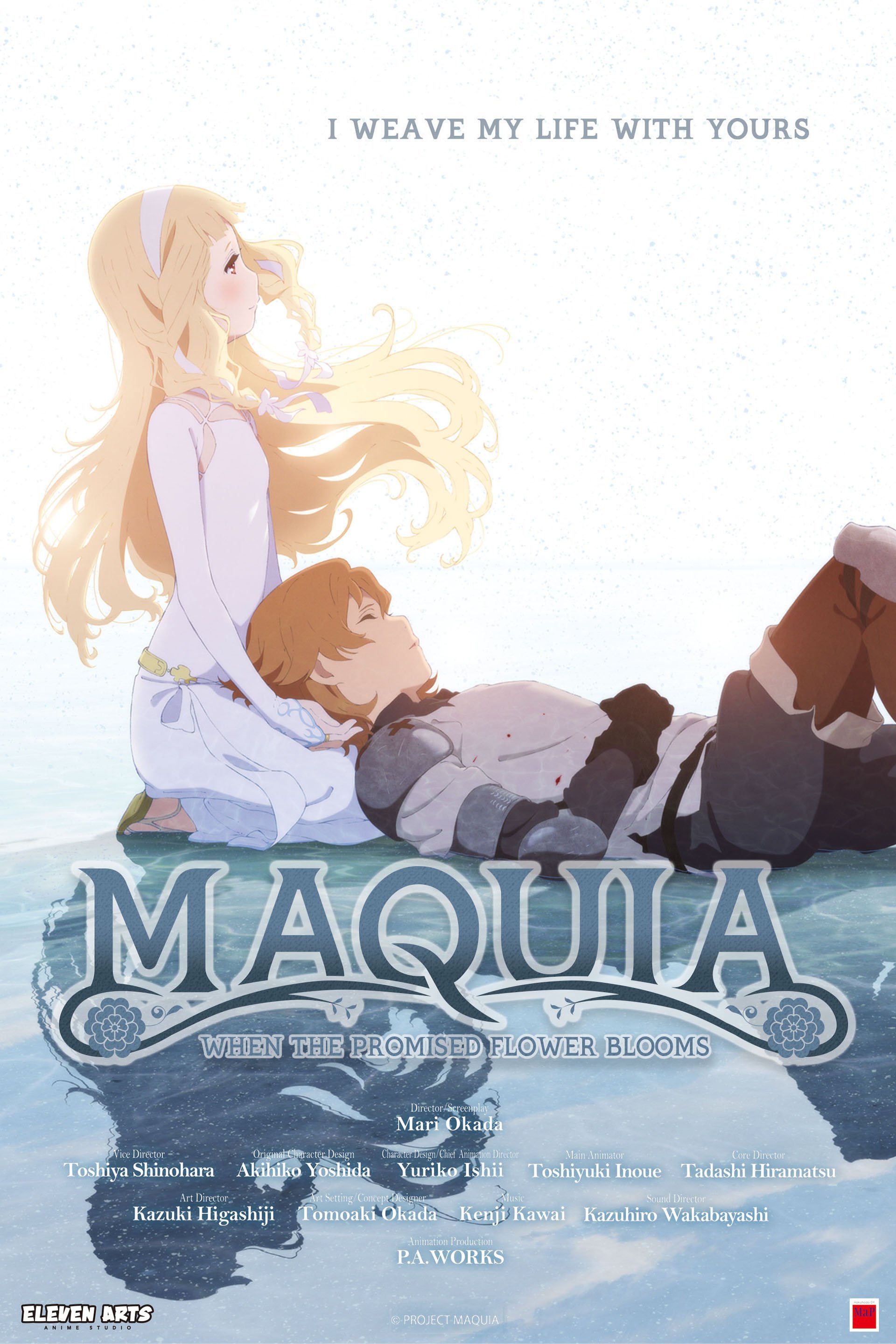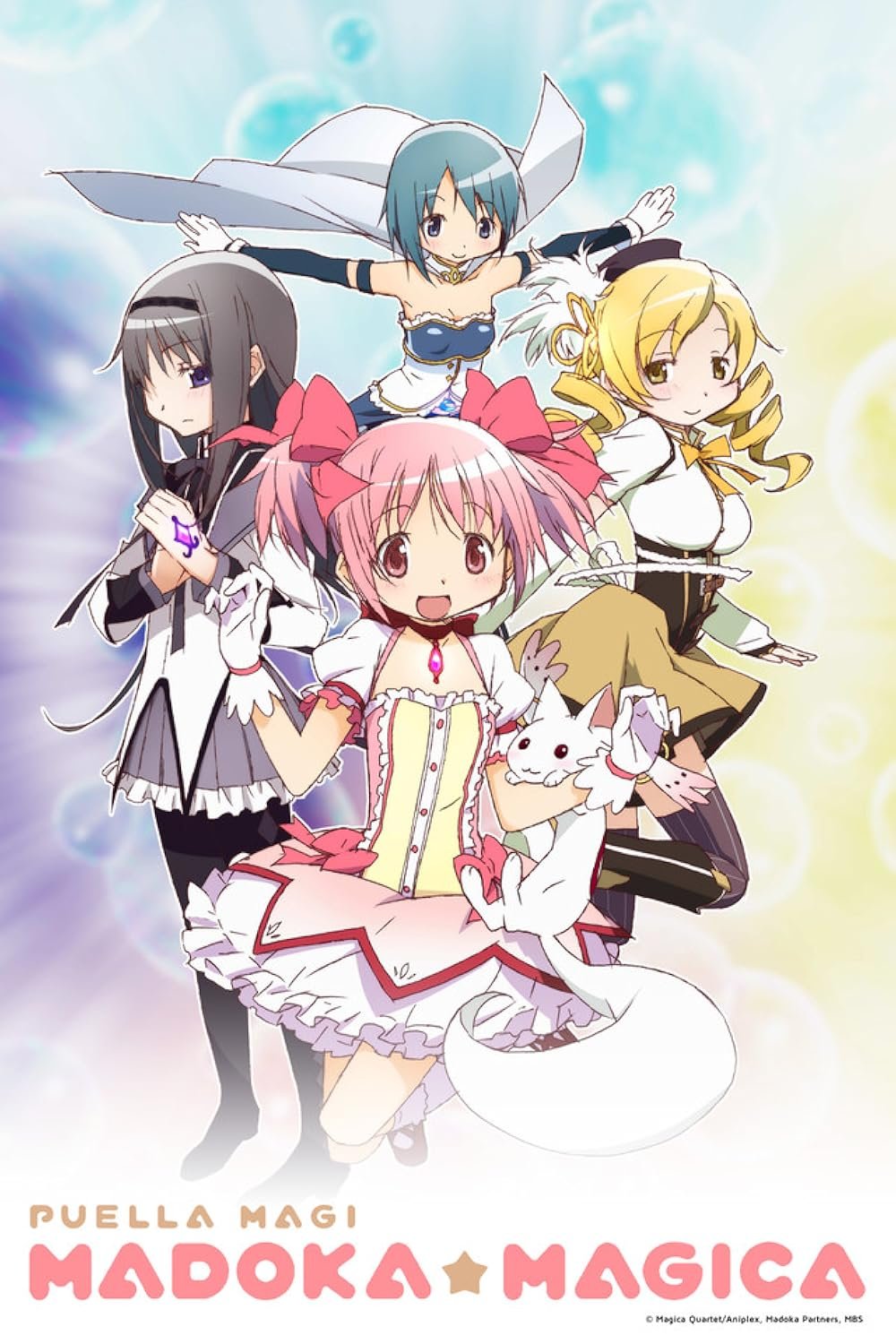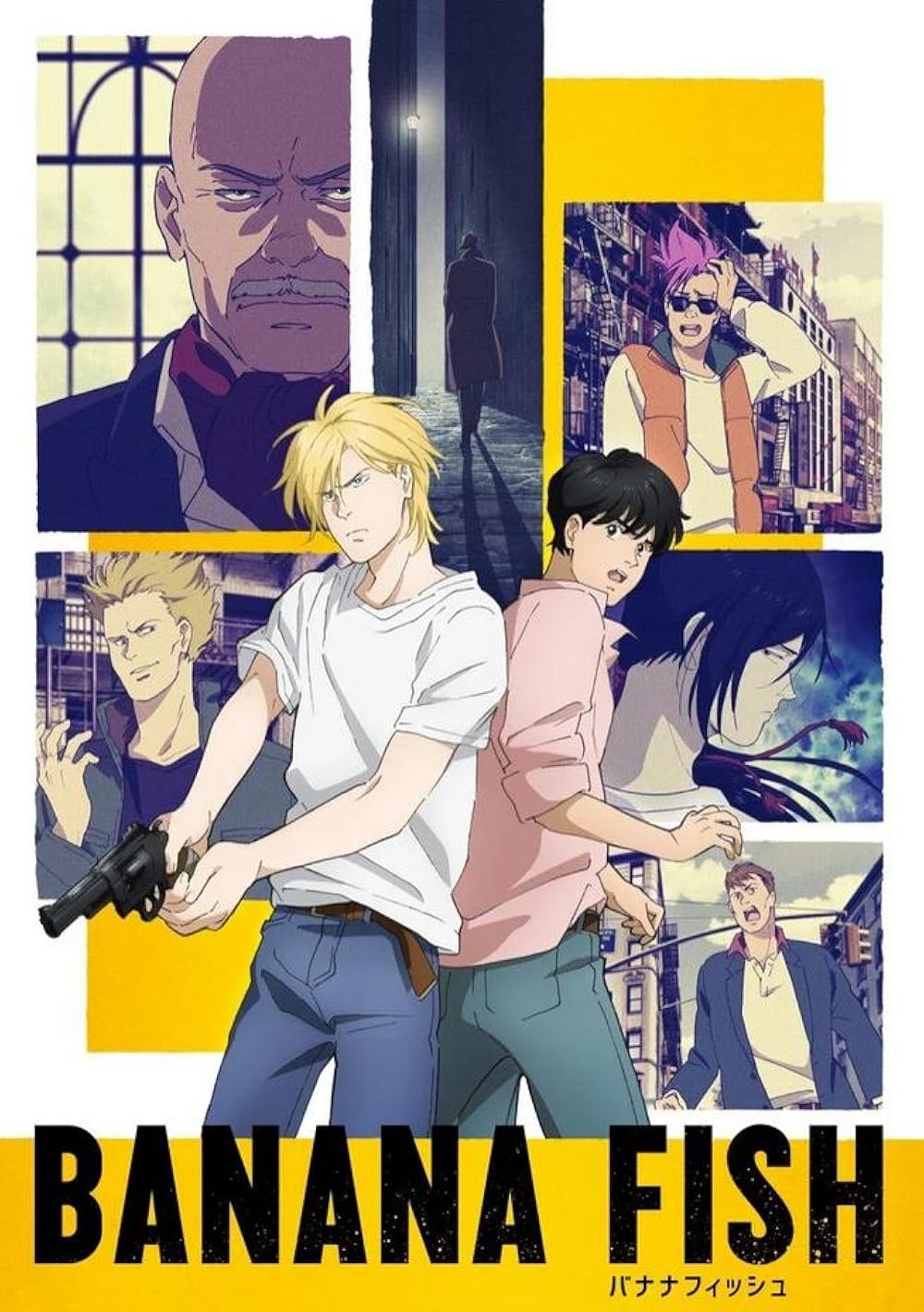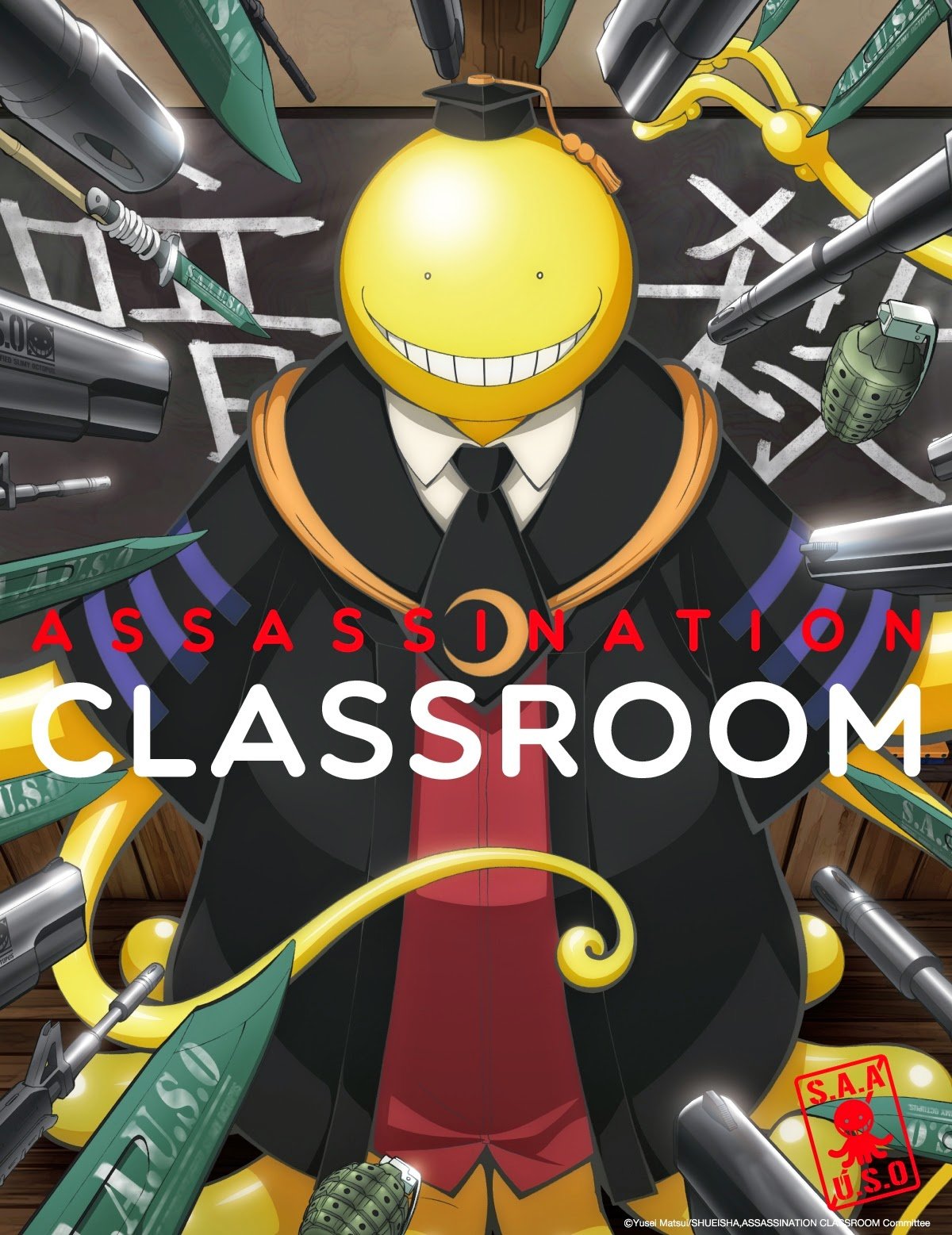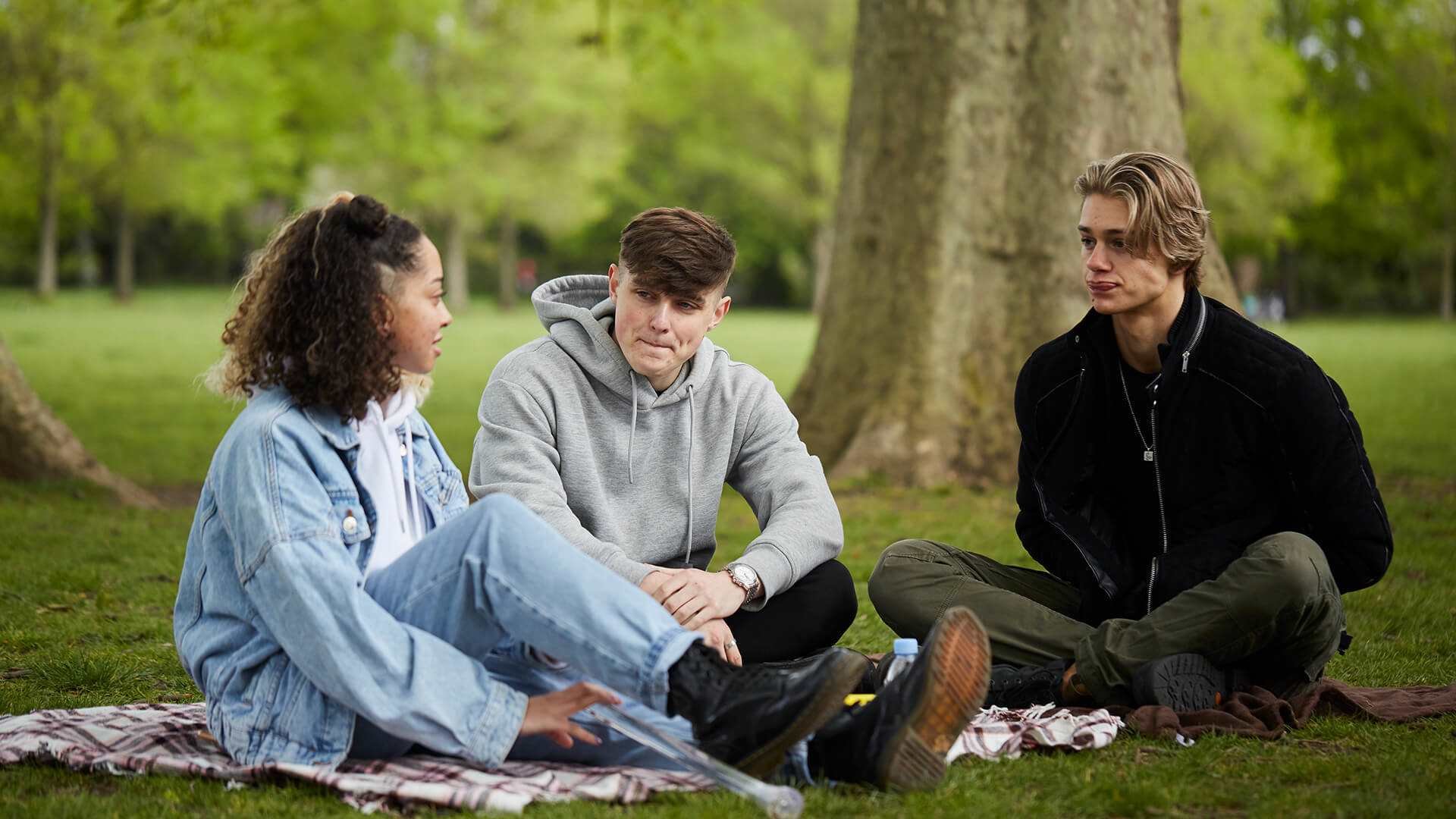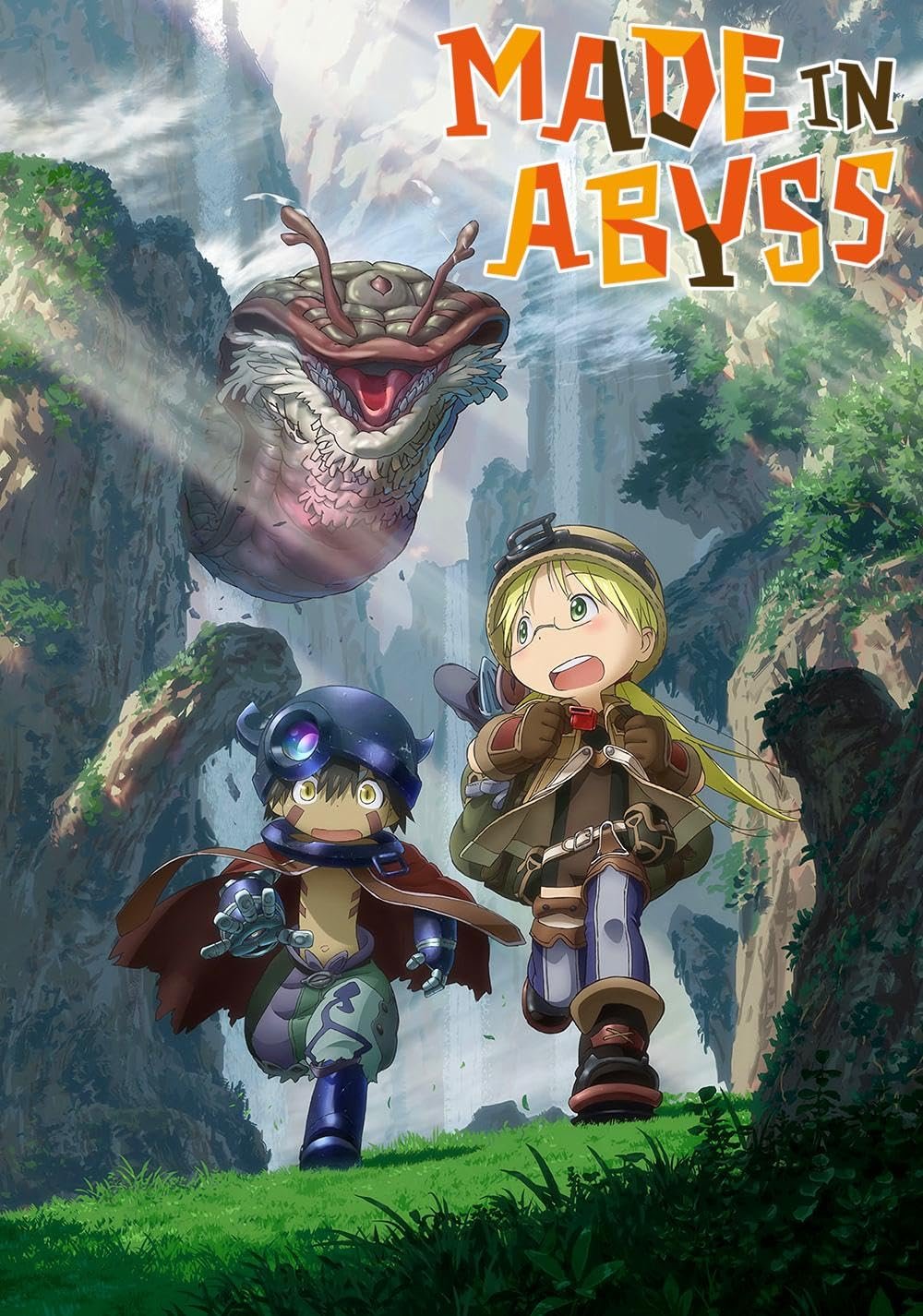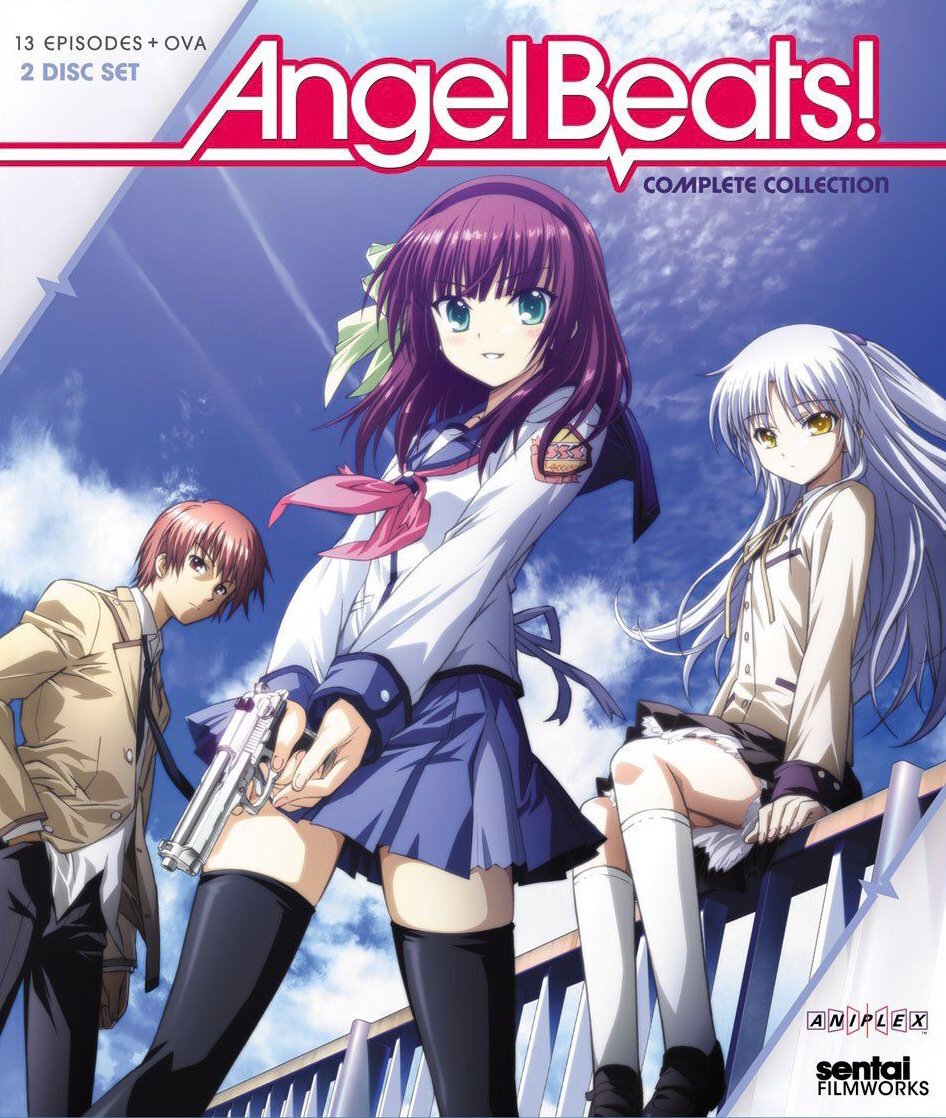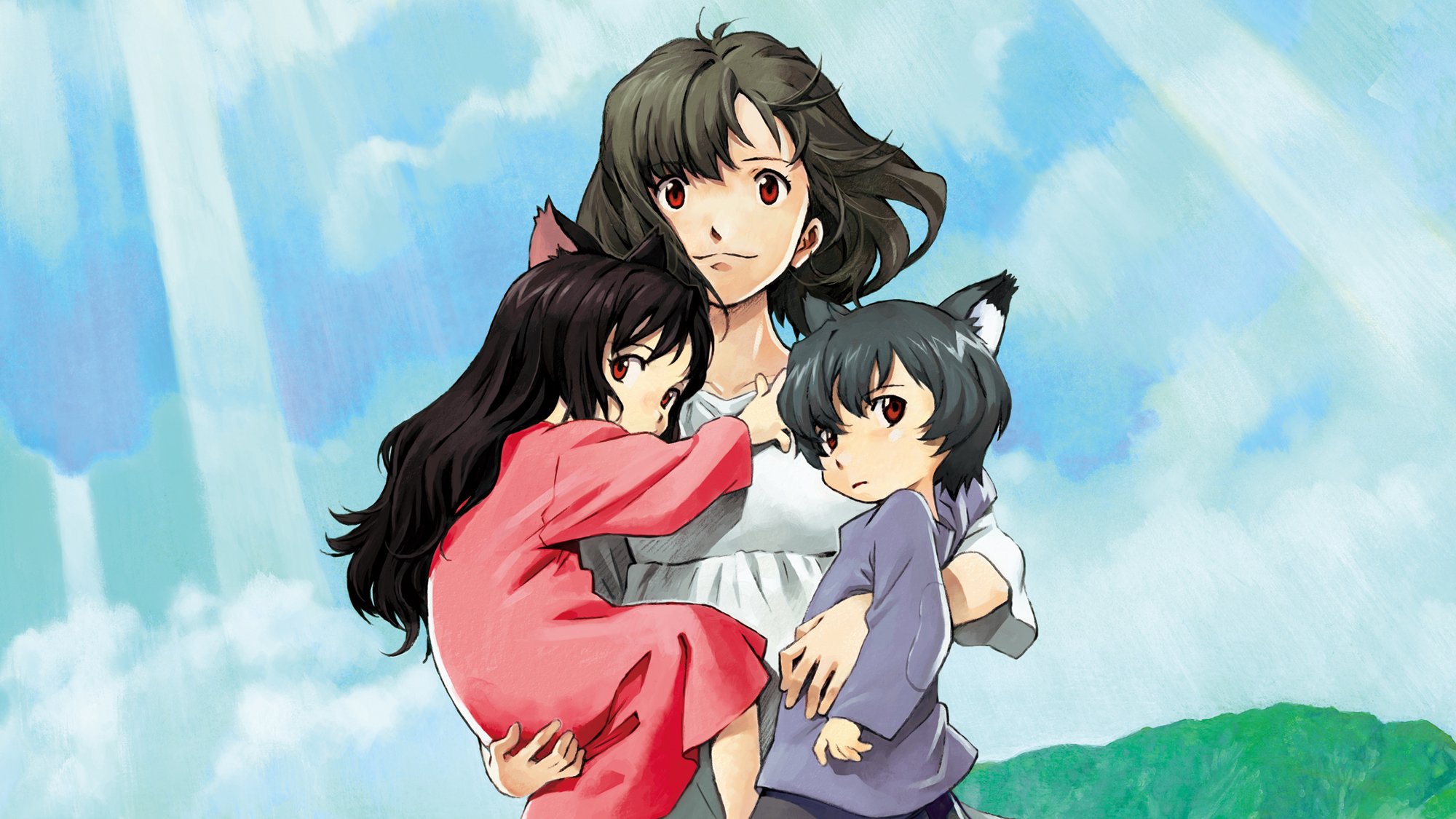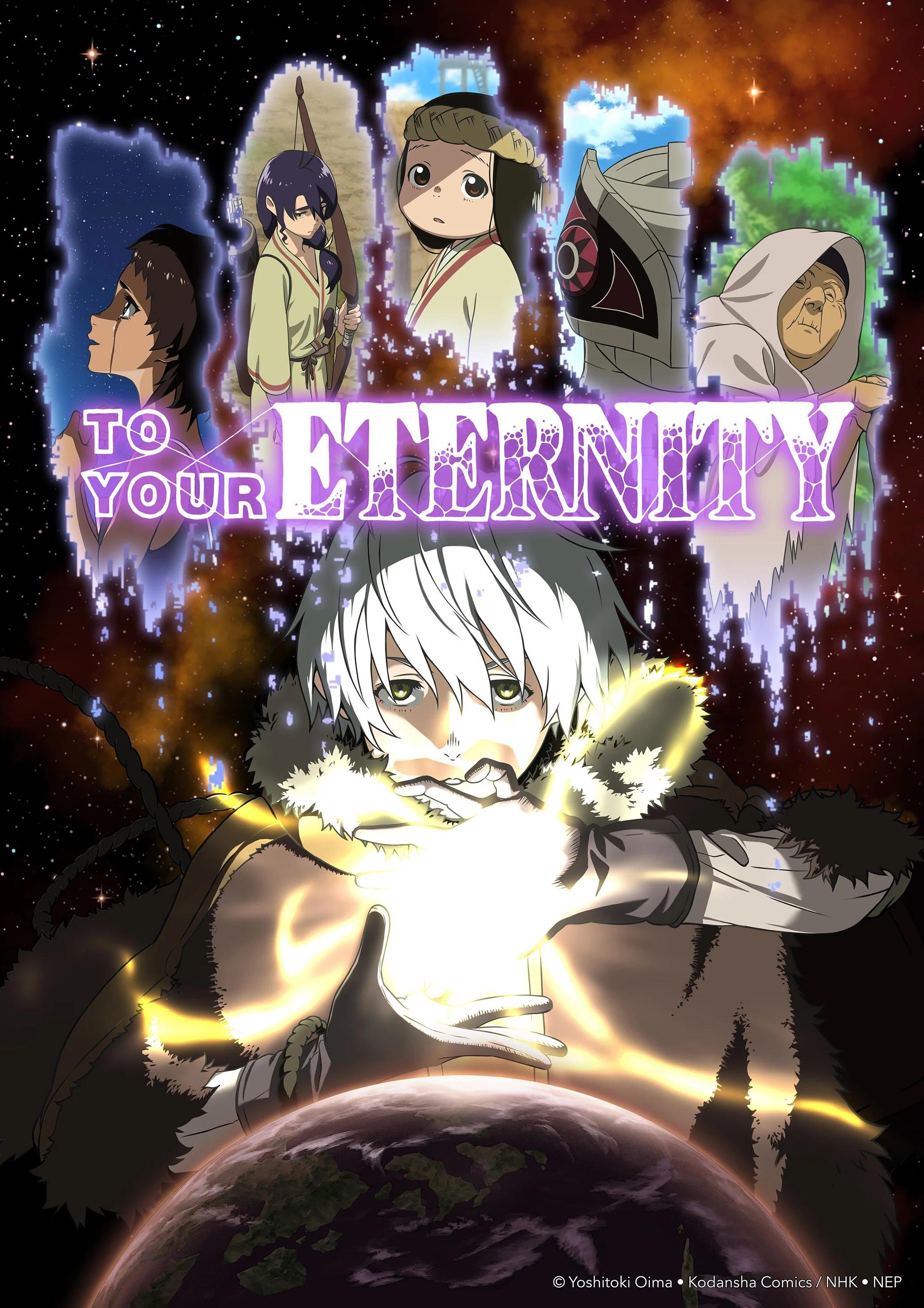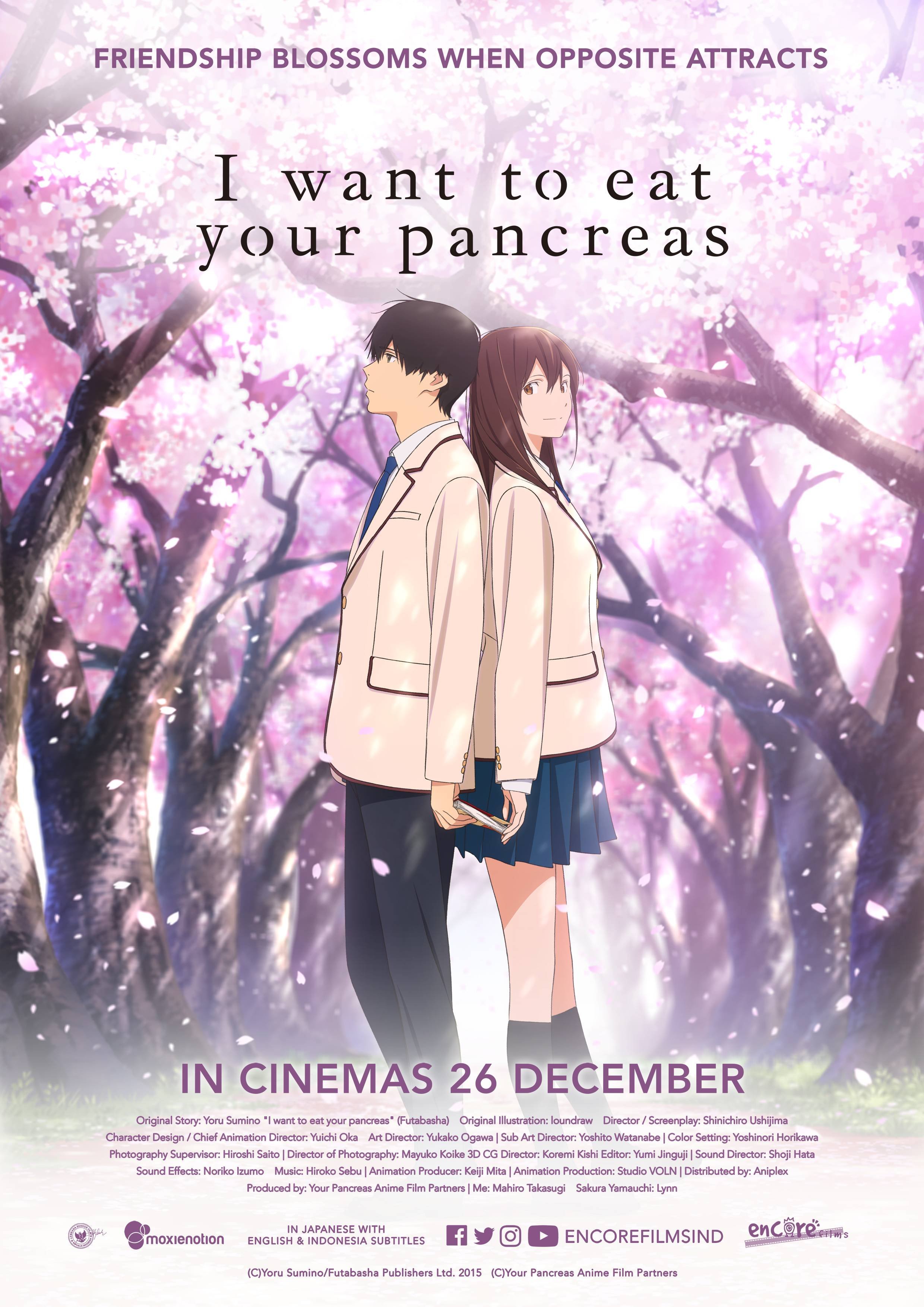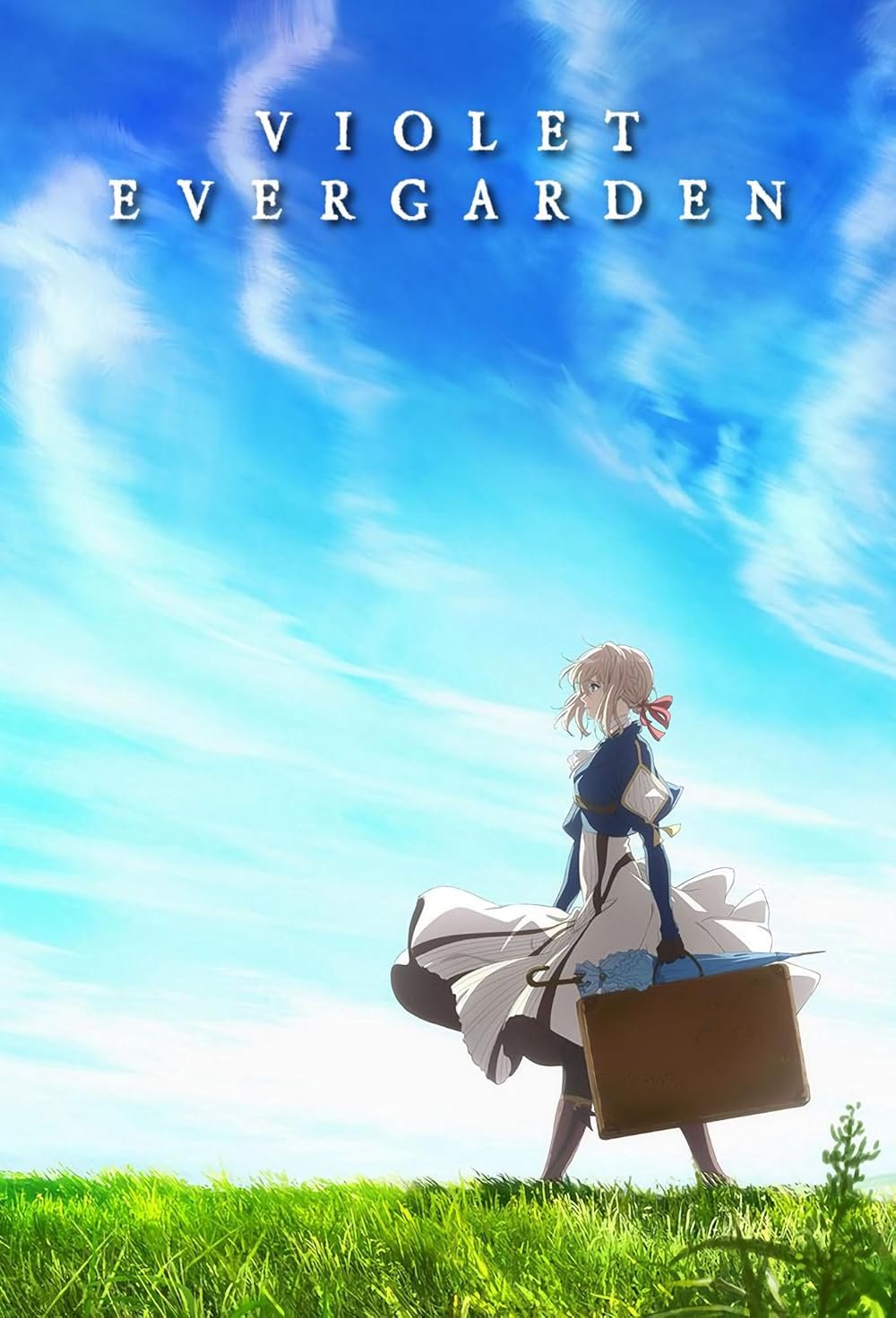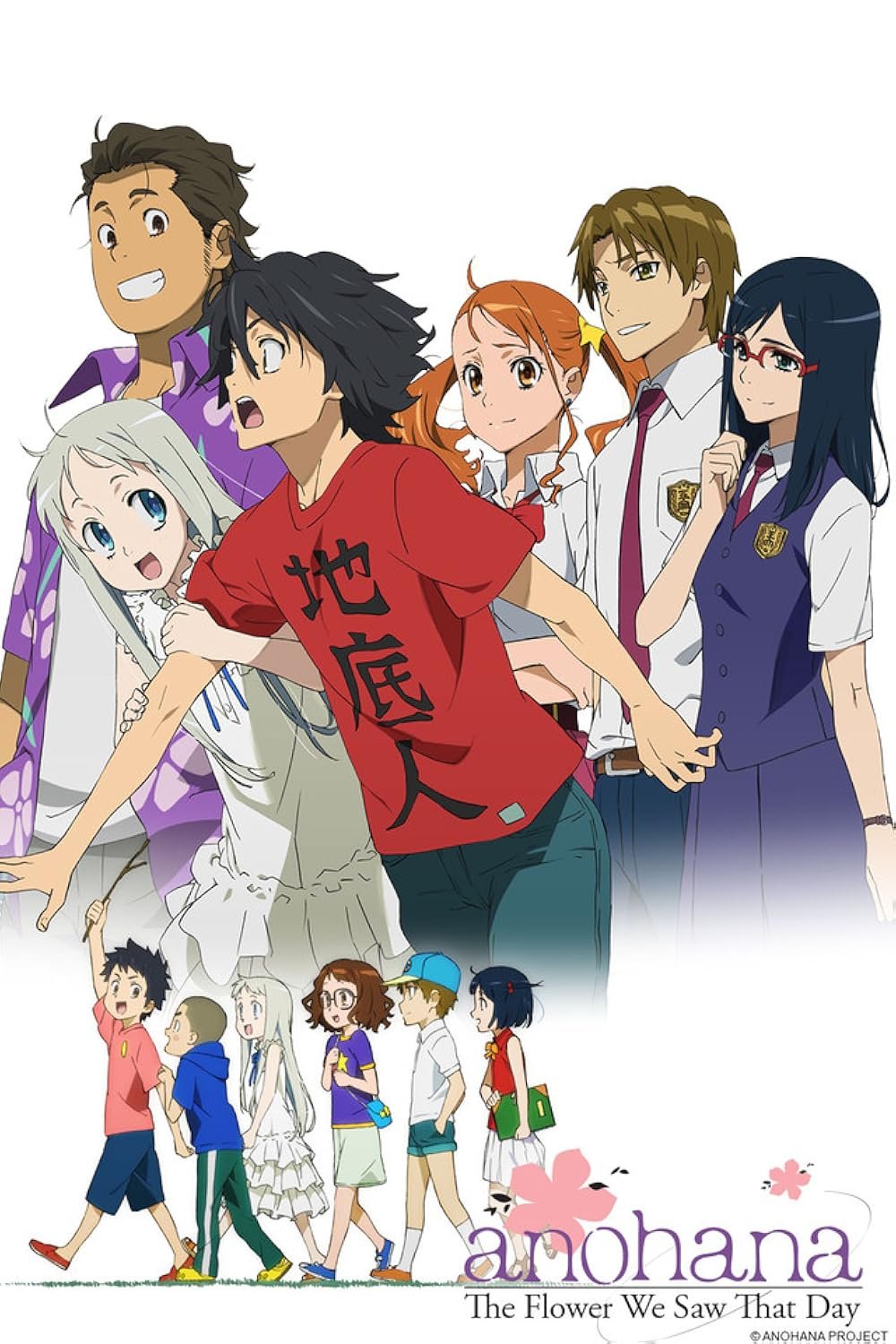Some series leave a quiet ache that stays for years. These sad anime earn that feeling with honest stories about loss, kindness and the hard parts of growing up. The list counts down from #27 to #1, moving from poignant dramas to the titles that hit the heaviest.
Each pick highlights a different flavor of grief or longing. You will find war tragedies, coming of age tales and romances that face time and fate. Use the image tags to jog your memory or find what to watch next.
#27. Orange
Orange follows Naho and friends who receive letters from their future selves asking them to save Kakeru. The show treats depression with care, showing how small choices and gentle help can matter a lot. The central push is simple: show up for someone who is hurting.
Group dynamics carry the weight. Friends rally around Kakeru with concrete acts, not speeches, which gives the story a grounded tone. The letters add a light sci‑fi hook while keeping the focus on regret and second chances.
The ending avoids neat fixes. Even with knowledge, pain leaves marks and that honesty makes Orange quietly devastating. Viewers are nudged to check in on people they care about, today.
#26. 5 Centimeters per Second
Makoto Shinkai sketches a long distance bond that drifts apart with time. The film’s snowy train sequence and final crossing capture how relationships can fade even without a fight. The pace is slow, which matches the loneliness it portrays.
The art and music do much of the talking. Everyday scenes carry the sting of chances missed and messages sent too late. The last moments do not promise reunion, only acceptance.
What lingers is the idea that life moves on while we stand still. That gap, measured in centimeters per second, feels painfully real.
“I thought we could watch the cherry blossoms together again.”
#25. Haibane Renmei
This gentle fantasy centers on haloed girls in a walled town who grapple with memory and guilt. It never shouts its rules, letting viewers piece together what the town might be. The tone is soft, which makes the sad turns land harder.
Rakka’s journey through depression feels careful and human. She finds help through ritual, friendship and quiet work. The series treats forgiveness as an earned, daily act, not a magic switch.
Few shows are this compassionate about shame. Haibane Renmei is slow comfort that sits with you, inviting gentleness toward yourself and others.
#24. Devilman Crybaby
Devilman Crybaby burns hot with style, then leaves you in the ashes. Akira and Ryo move from friendship to world collapse and the final stretch is brutal. Violence is loud, but the heartbreak comes from trust broken beyond repair.
The show’s pace can feel chaotic, which fits the theme of fear spreading fast. Ordinary people become monsters in ways that feel too close to home. The final image is bleak, yet memorable.
Under the shock sits a tragedy about love that cannot be named. That last truth makes Devilman Crybaby one of the boldest, most painful endings in anime.
“I love you, Akira.”
#23. Plastic Memories
Giftia androids have an expiration date and the retrieval team has to bring them in. Tsukasa and Isla fall for each other while counting down her remaining time. The premise sets a clear, fixed end that hangs over every scene.
What works is the focus on small daily tasks. Coffee breaks, office routines and gentle jokes make the final choice hurt more. The show treats love as care, not destiny.
The close is simple and direct. No twist saves Isla, which keeps the message honest. Holding on and letting go both take strength.
#22. Hotarubi no Mori e
A summer meeting between a human girl and a masked forest spirit turns into a yearly ritual. Gin cannot touch a person or he will disappear, which makes every reunion tender and tense.
The film builds a quiet world from short scenes, cicada hum and soft light. When a playful moment turns into the final embrace, the rule breaks and the ending hits hard.
It is a brief story about limits you cannot change. The sorrow is clean and the memory of that last hug stays sharp.
“Don’t come any closer.”
#21. Air
Air links past and present through a curse tied to a winged girl. Misuzu’s smile and “gao” hide a steady decline that the series never fully explains yet makes felt. Summer warmth turns into a tired walk toward goodbye.
The show mixes tenderness with dream logic. It asks you to accept gaps, focusing instead on care between people who cannot change fate. The last arc is quiet and heavy.
Air is remembered for its music and a closing that leaves you wrung out. The grief lands through repeated words and small gestures.
#20. Saikano (She, the Ultimate Weapon)
Chise becomes a living weapon while trying to date her classmate Shuuji. War erodes their town and their humanity. The romance feels fragile because each mission takes more from her.
The show leans into moral wreckage. Civilians suffer and no side looks clean. The body horror mirrors the cost on Chise’s mind, which makes the love story hurt.
By the end, tenderness sits beside ruin. Saikano asks whether love can survive when there is almost no world left and the answer is not easy.
“I’m breaking, Shuuji.”
#19. Colorful
A lost soul gets a second chance by living in the body of a boy who died by suicide. The film peels back secrets in family and school, choosing empathy over blame. It treats small kindness as lifesaving.
The mystery element supports a patient study of regret. Nothing snaps into place. Healing is awkward and that makes the final reveal feel earned and gentle.
Colorful ends on a note of courage, suggesting one step is still a win. The title fits, because life returns in shades, not all at once.
#18. Now and Then, Here and There
A cheerful boy is pulled into a war-torn world of scarcity and child soldiers. The show is unflinching about abuse and control, which makes even brief moments of kindness stand out.
Characters like Lala-Ru and Sara endure more than most series attempt. Victories are small and costly, reflecting real cycles of harm. The tone stays stark, yet humane.
When hope appears, it feels like defiance. The series leaves you grateful for water, safety and the power of a single no.
“Water is life.”
#17. Tokyo Magnitude 8.0
After a major quake, siblings Mirai and Yuuki try to get home with the help of Mari. The show treats disaster with steady realism, tracking fatigue, roads blocked and missed calls.
The twist around Yuuki’s fate is handled with care. Grief arrives as denial, then clarity, then a promise to keep walking. The city becomes a map of memories.
It is a sad story that also honors helpers. The final scenes suggest that love does not end, it changes its shape.
#16. In This Corner of the World
Suzu marries into a family in Kure near Hiroshima as war tightens around daily life. The film uses small chores and sketches to show what gets lost when food and time grow scarce.
Tragedies arrive without warning and the story does not sensationalize them. It respects ordinary people who keep going with stubborn care. The ending holds both sorrow and quiet resolve.
The extended cut adds more texture to Suzu’s community, which deepens the pain. The closing image suggests a fragile but real future.
“Even so, this is our life.”
#15. Maquia: When the Promised Flower Blooms
Maquia belongs to a long-lived people and adopts a human baby she names Ariel. Time becomes the antagonist as he grows old and she does not. The film makes motherhood feel brave and lonely.
The political subplot is there, but the core is domestic. Sleepless nights, small fights and the ache of watching your child pull away all carry the weight. The music lifts the most painful scenes.
The final meeting is tender and hard to watch. It captures how love does not end with distance or age, it changes what we can give.
#14. Puella Magi Madoka Magica
Madoka reworks the magical girl template into a contract story about cost. Wishes come with hidden terms and Homura’s loop becomes a portrait of devotion wearing itself thin.
The show’s sadness lies in seeing hope trapped in a system that feeds on it. Each girl carries a different burden, so each fall feels distinct and earned.
The ending reframes the world through sacrifice. It is bittersweet, heroic and still leaves an ache for what was lost along the way. The score seals the mood.
“Make a contract with me.”
#13. Banana Fish
Ash Lynx fights his way through crime syndicates while forming a deep bond with Eiji. The show is tough on trauma and never pretends it disappears. Action scenes move fast, but sadness sits in the quiet after.
Banana Fish balances warmth and danger without flinching. The city feels hostile, yet small havens exist. When the ending arrives, it is shocking in its stillness and finality.
What remains is a book, a bench and a boy at rest. The image is simple and impossibly heavy.
#12. Assassination Classroom
Class 3-E is told to kill their teacher, who is kind, hilarious and may destroy Earth. Koro-sensei becomes a model of care as he teaches skill, pride and teamwork.
Also Read
10 phrases that sound supportive but are actually a subtle sign of manipulation
The series is goofy until it is not. When truths surface about his past, the class faces graduation in the hardest way. The farewell is staged as a lesson, which makes the loss personal.
Assassination Classroom earns its tears by investing in every student. The final roll call feels like a thank you to growth itself, not just a goodbye.
“The difference between the novice and the master is that the master has failed more times.”
#11. Made in Abyss
Riko and Reg descend into a pit where every layer asks for a price. Beauty and horror sit side by side and the show does not look away from suffering.
Nanachi and Mitty’s story is the sharpest cut. It asks what mercy looks like when no good options remain. The moral weight is heavy and haunting.
Also Read
10 Phrases That Sound Supportive But Are Actually a Subtle Sign of Manipulation
Made in Abyss is an adventure that hurts. Curiosity can be cruel and survival requires choices that leave permanent marks.
#10. Angel Beats!
Set in a high school afterlife, students push against rules they barely grasp. Jokes land fast, then a song or a memory shifts the floor. The cast is big, but the show still finds heart in small farewells.
Otonashi and Kanade’s bond ties the arcs together. When their connection is explained, earlier scenes gain new weight. The last scene holds on silence and hope.
Angel Beats! is messy and earnest. That mix is why its goodbyes feel like real youth, loud and then suddenly gone.
Also Read
People With Low Emotional Intelligence Often Miss These 6 Social Cues
“Thank you for giving me my life.”
#9. Wolf Children
Hana raises two kids alone after their father, a wolf man, dies early. The film honors quiet work as she learns to farm, fix and comfort.
Yuki and Ame grow into different paths, which feels true to siblings. The weather mirrors their choices without overdoing it. The final goodbyes offer pride and loss at once.
Wolf Children is sad because it respects parenting. Letting go becomes the last, hardest lesson.
#8. To Your Eternity
Fushi begins as an orb, then learns through forms and deaths. Each friend he meets teaches a skill and leaves a scar. The show turns immortality into a study of grief.
Also Read
8 Weird Habits You Don’t Realize You Have From Growing Up In A “We Can’t Afford It” Household
March, Gugu and others are written with care. Their endings are not tricks. They leave because life ends and that truth shapes who Fushi can become.
The series keeps moving, but never forgets. Memory becomes armor and burden, carried forever by a being who cannot stop.
“I can’t forget you.”
#7. I Want to Eat Your Pancreas
The story pairs a quiet boy with Sakura, a classmate with a terminal illness. Their days are light and warm, which makes the sudden tragedy near the end feel cruel.
In the 2018 anime film, Sakura is killed in a random stabbing, not by her illness. The point is that plans and meanings can be taken in a moment, leaving only the words we said and the ones we did not.
Also Read
10 Phrases That Sound Supportive But Are Actually A Subtle Sign Of Manipulation
The final letters and library scenes give the lead a way to live forward. The title sounds odd at first, then becomes a sign of deep closeness.
#6. Violet Evergarden
Violet, a former child soldier, writes letters for others to learn what feelings mean. Each episode closes a small story, but together they build a picture of healing.
The show’s high points include a mother writing to a daughter she will not see grow up. Music and animation lift those moments without drowning them. Violet’s search for “I love you” drives the arc.
By the end, she has not erased her past. She has learned how to carry it and connect, which is its own quiet victory.
Also Read
8 Cringey Phrases Older Relatives Use at Family Dinners That Younger Guests Dread
“Thank you for teaching me what love is.”
#5. Anohana: The Flower We Saw That Day
A group of childhood friends drifts apart after Menma dies. Years later her ghost appears to Jinta, asking for a wish to be granted so she can move on.
The show understands guilt in friend groups. Fights feel petty and real, then collapse into hugs and tears. The final letters and the goodbye in the woods hit like a wave of relief and pain.
Anohana leaves space for messy healing. It is sad, but it also celebrates how friendship can help people grow again.
